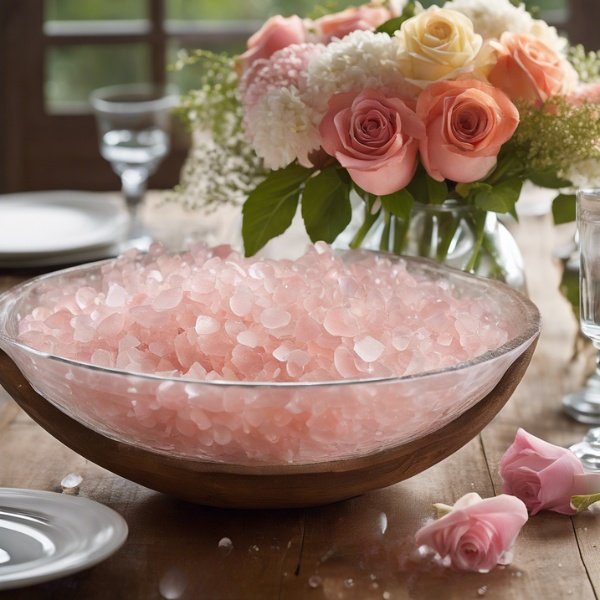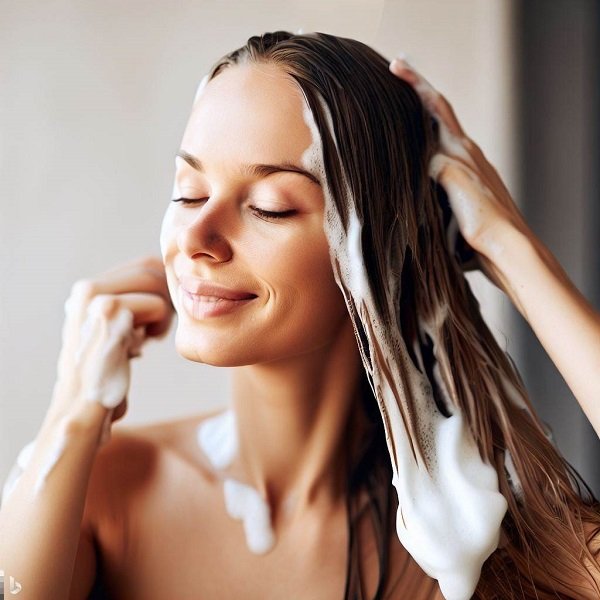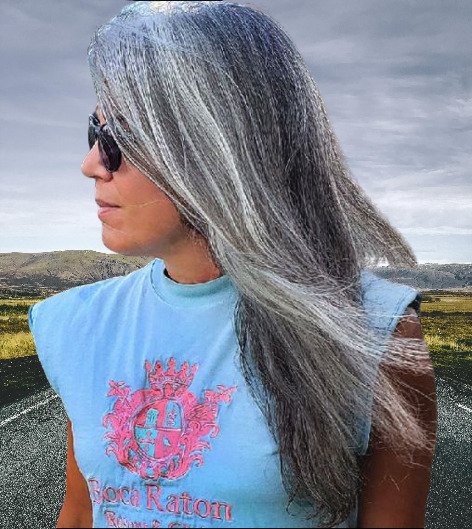
The Many Benefits of Himalayan Salt for Scalp, Hair, and Skin

Exploring the Pros and Cons of Long Hair

Shampoo Facts - Cons & Pros
Shampoo Facts - Cons & Pros

Not All Beauty Chemicals are Toxic
Not All Beauty Chemicals are Toxic

How to Treat High Porosity Hair
How to Treat High porosity hair

Free Easy Steps for Healthy Hair
Get Healthy Hair

Silk Beauty Tip for Hair and Skin while You Sleep
Silk Pillow Case Sleep Beauty Tip

20 Top Essential Oils
Essential Oil Benefits




